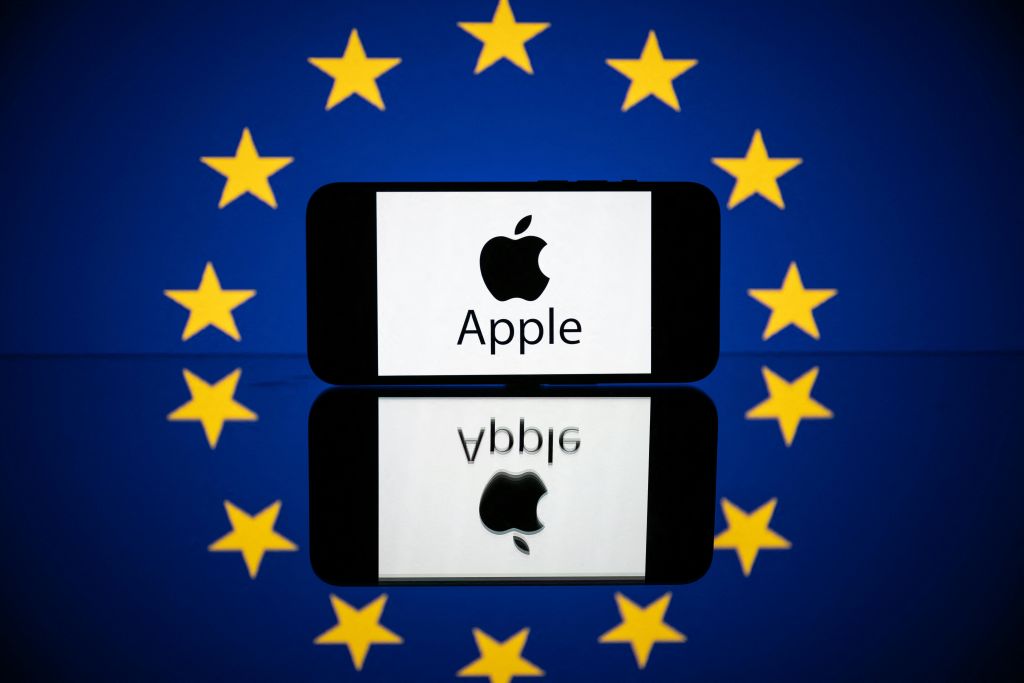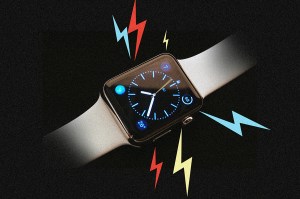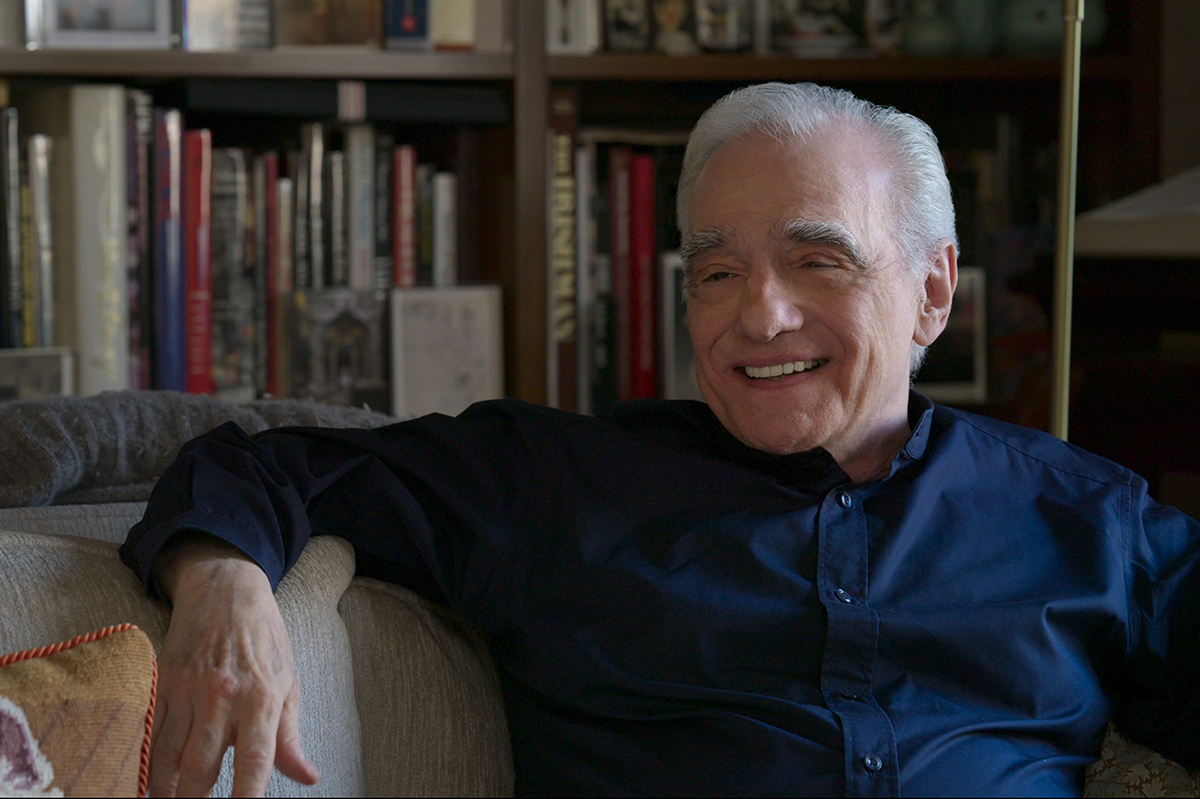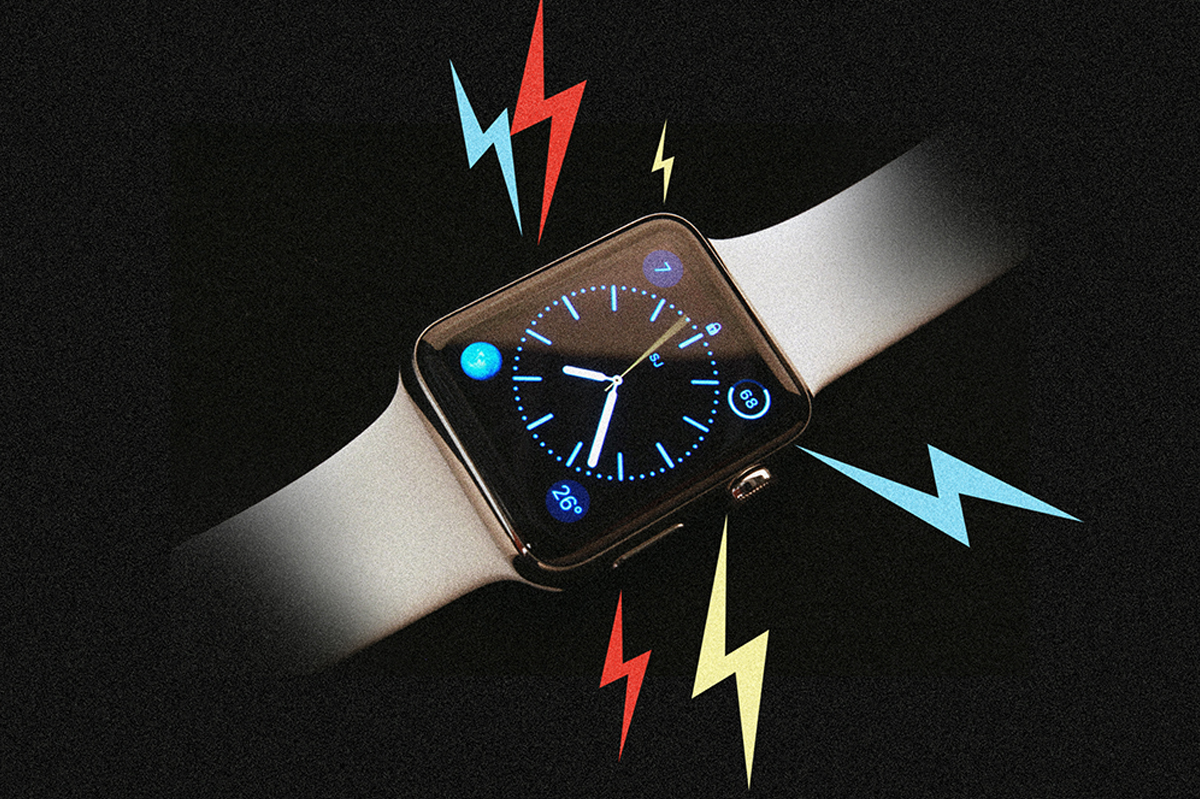When the iPhone 15 is unveiled later today it will no doubt come with an array of flashy tweaks and upgrades. It may be slightly lighter, the camera might be better, and it could even have a slightly better battery life. But the really big change will be something mundane: its charging port.
The European Union has forced Apple to adopt the same USB-C charger that is standard on Android and many other devices. New EU rules require all phones sold after fall 2024 to use this connector for their charging ports. As a result, Apple has reluctantly decided to trash its Lightning charger after eleven years and make the USB-C charging port standard around the world. But hold on. Does the EU really know how smartphones should be designed?
To its enthusiasts, it will no doubt be presented as a great victory for the consumer, and as a triumph over the power of Big Tech. Indeed, some Apple fans are happy: as one told the Daily Mail, “now everything in my house can use the same charger.”
With its heavy-handed regulations, the EU has already managed to destroy the continent’s own tech industry
Even better for some, Apple bowing to the might of the EU serves as a demonstration of Brussels’s power as a global regulator. It reinforces the EU’s ability to impose its rules on the rest of the world. Apple will now have to redesign its chargers so that they are compatible with other devices. Consumers won’t be forced to pay Apple’s rip-off prices when they lose their old charger or need a new one in a hurry. And they can always just borrow one from a friend with a different type of phone.
In the short term, that will make life slightly easier. As we all know, an empty phone battery can be very stressful. There is a problem, however. It will stop innovation in its tracks in what remains the most technologically advanced sector of the economy.
Chargers may seem like a minor issue, but in effect this decision means that Apple has its hands tied when it comes to trying to innovate on phone design. Thanks to the EU, it will find it much harder to experiment with new types of charging cables. And while having a universal charging cable might sound good, who’s to say that the USB-C cable is the best option for consumers? Apple, and other tech firms, might well have been put off making a new charging cable which ultimately might have left consumers better off. Two decades on from the launch of the first iPhone, progress has been stopped in its tracks. Apple’s head of marketing, Greg Joswiak, said that while Apple has backed down, it “would have been better environmentally and better for our customers to not have a government be that prescriptive.” He’s right.
While it is certainly true that Apple charges ridiculous prices for its own chargers, given that they are basically just a piece of wire, there are dozens and dozens of knock-offs you can buy anywhere for a fraction of the price. In reality, with its heavy-handed regulations, the EU has already managed to destroy the continent’s own tech industry. Now it seems intent on damaging it for the whole world — and we will all end up poorer as a result.
This article was originally published on The Spectator’s UK website.

























